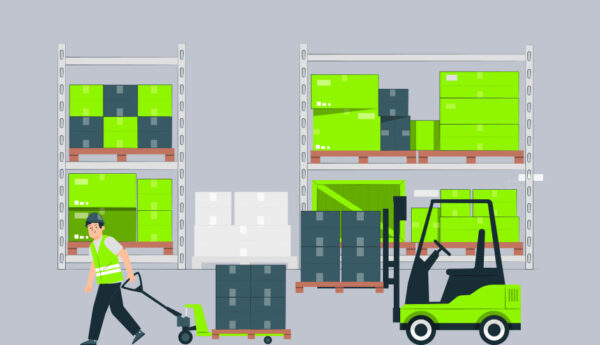
The transaction between buyer and seller is documented at every stage, and this paperwork serves a purpose. It protects both parties and legally binds them to follow the particulars that they’ve agreed upon. One of those business documents is a…
Read More












